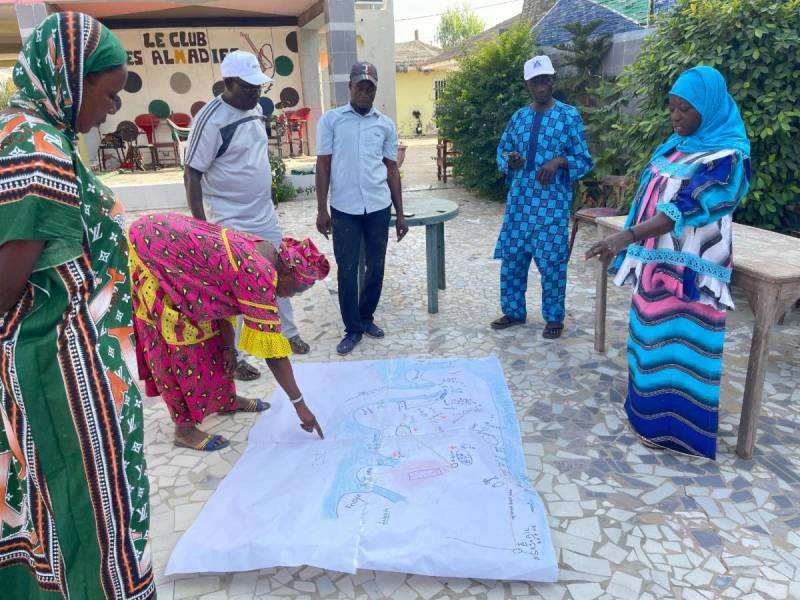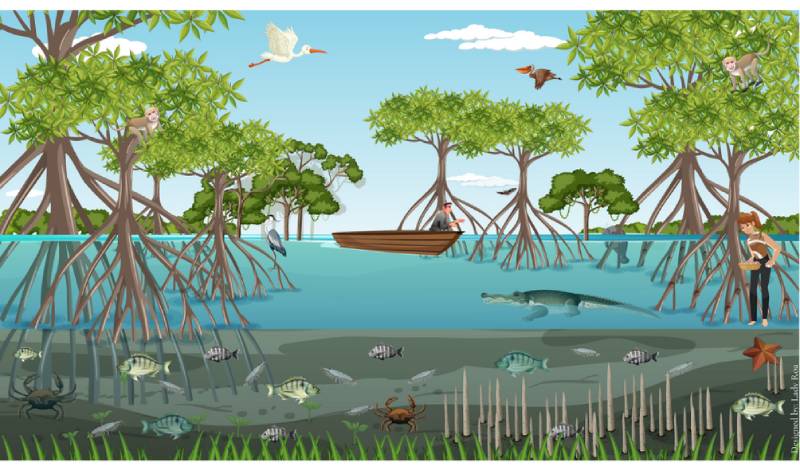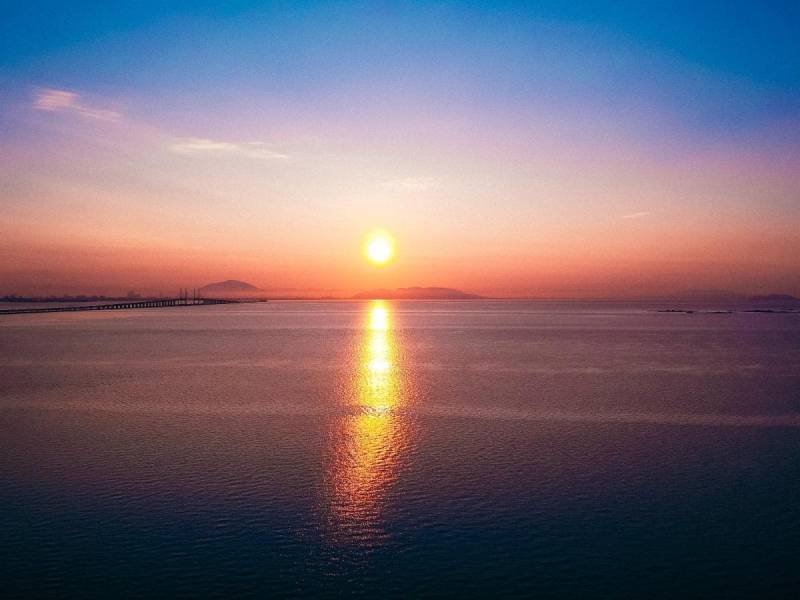Community Supported Wetlands: Senegal, India, Spain, Colombia, and Malaysia

ELAW partners around the world are working with communities to protect wetlands that support local livelihoods, mitigate impacts of climate change, and provide habitat for wildlife. In honor of World Wetlands Day, we are pleased to highlight advances in Senegal, India, Spain, Colombia, and Malaysia.
Senegal: Protecting the Saloum Delta from Oil Exploitation
The Sangomar oil field, 100 kilometers south of Dakar, would be Senegal’s first offshore oil development. ELAW is collaborating with partners at the Center for Research and Action on Economic, Social and Cultural Rights (CRADESC) to sound the alarm about the risks that oil extraction poses to coastal communities of West Africa. Together, we are working to protect the Saloum Delta, a UNESCO world heritage site and biosphere reserve that is the first transboundary Ramsar site in Africa, with the wetland shared between Senegal and The Gambia.
This week, ELAW’s science team is collaborating with CRADESC to analyze potential coastal impacts of an oil spill. ELAW has also supported CRADESC’s work to gather stakeholders and learn about the incompatibility of oil exploitation in a world heritage site. CRADESC Director Fatima Diallo reports that “joint reflection among the parties interested in the preservation of the Saloum Delta has helped to identify strategies to mitigate the effects of oil exploitation of the Sangomar oil field in the face of current and potential threats.”
India: Defending Wetlands and Artisanal Fishing in Kaluveli Lake
An industrial fishing harbor is being proposed for Kaluveli Lake in Tamil Nadu, India, despite steps to declare it a protected bird sanctuary initiated in December 2021. The proposed harbor would require dredging and destruction of sensitive coastal habitats, threaten mangroves, and jeopardize an important nesting area for olive ridley turtles. Increased commercial vessel traffic from the harbor would interfere with local fishers who depend on their catch from Kaluveli Lake to sustain their families.
ELAW Staff Scientist Dr. Heidi Weiskel is collaborating with local partners to evaluate the project and challenge the development on behalf of the local fishers.

Spain: Protecting the Mar Menor
The Mar Menor is a Ramsar wetland of international importance on Spain’s Mediterranean coast that has been badly impacted by development and agricultural operations. ELAW has collaborated with local partners for years to advance protections for the Mar Menor.
Currently, Ernie Niemi of Natural Resource Economics is collaborating with ELAW partner Eduardo Salazar to make recommendations to the court for valuing the ecosystem services and damages, and proposing steps for restoration.

Colombia: Helping Communities Defend Mangroves on Colombia’s Pacific Coast
ELAW partner attorney Ana Lucía Maya Aguirre is working with coastal communities on the Pacific Coast of Colombia in the Department of Chocó to help defend and restore mangroves, which are threatened by deforestation, overfishing, and waste. Ana Lucía is building a case to demonstrate that mangroves provide critical ecosystem services and protect coastal communities from impacts of climate change.
ELAW attorneys Alejandra Serrano and Dr. Carlos Soria and ELAW Staff Scientist Dr. Heidi Weiskel are collaborating with Ana Lucía to build the case and help link the ecosystem services that mangrove forests provide to climate change mitigation.

Malaysia: Major Victory for Fisher Folk, Mangroves, and Estuaries
Attorneys Meena Raman, Jessica Binwani, and Theiva Lingam have announced that a proposed 4,500 acre mega-reclamation project on Penang Island has been canceled. This project proposal called for the construction of three artificial islands on the southern coast of Penang Island.
ELAW’s science team worked with Meena and Theiva for many years to identify the project’s flaws. Dr. Heidi Weiskel pointed out that the construction of the islands would have destroyed mangroves and estuaries that support the area’s fisheries and damaged the area’s marine ecosystem.
ELAW is proud to collaborate with inspiring grassroots advocates around the world to defend critical wetlands. We will keep you posted on our progress.

Bern Johnson
Executive Director
Environmental Law Alliance Worldwide

